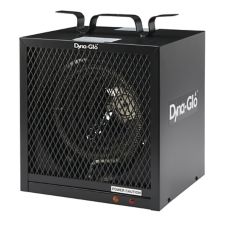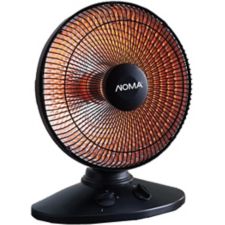lakshan
Active member
Hey guys,
I'll be periodically working on stuff in my garage over the winter. I want to get a space heater so I don't freeze to death. I have a little ceramic space heater that I've been using on some colder days but it only goes up to 5000 BTU, not nearly enough output. My garage is just a single so around 9000 BTU is fine. I found some propane heaters that would do the trick : Mr. Heater F232000 MH9BX Buddy 4,000-9,000-BTU Indoor-Safe Portable Propane Radiant Heater Red-Black: Amazon.ca: Home & Kitchen.
Question is, is it safe to use this kind of heater while working on the bike? What if I get some fuel leaking or something and there's a bit of fumes? Of course if that happens first thing I'd do is turn off the heater and ventilate the area, but is it still unsafe ?
If so, any suggestions on the type of heater? Should I just get a more powerful ceramic heater?
I'll be periodically working on stuff in my garage over the winter. I want to get a space heater so I don't freeze to death. I have a little ceramic space heater that I've been using on some colder days but it only goes up to 5000 BTU, not nearly enough output. My garage is just a single so around 9000 BTU is fine. I found some propane heaters that would do the trick : Mr. Heater F232000 MH9BX Buddy 4,000-9,000-BTU Indoor-Safe Portable Propane Radiant Heater Red-Black: Amazon.ca: Home & Kitchen.
Question is, is it safe to use this kind of heater while working on the bike? What if I get some fuel leaking or something and there's a bit of fumes? Of course if that happens first thing I'd do is turn off the heater and ventilate the area, but is it still unsafe ?
If so, any suggestions on the type of heater? Should I just get a more powerful ceramic heater?
















